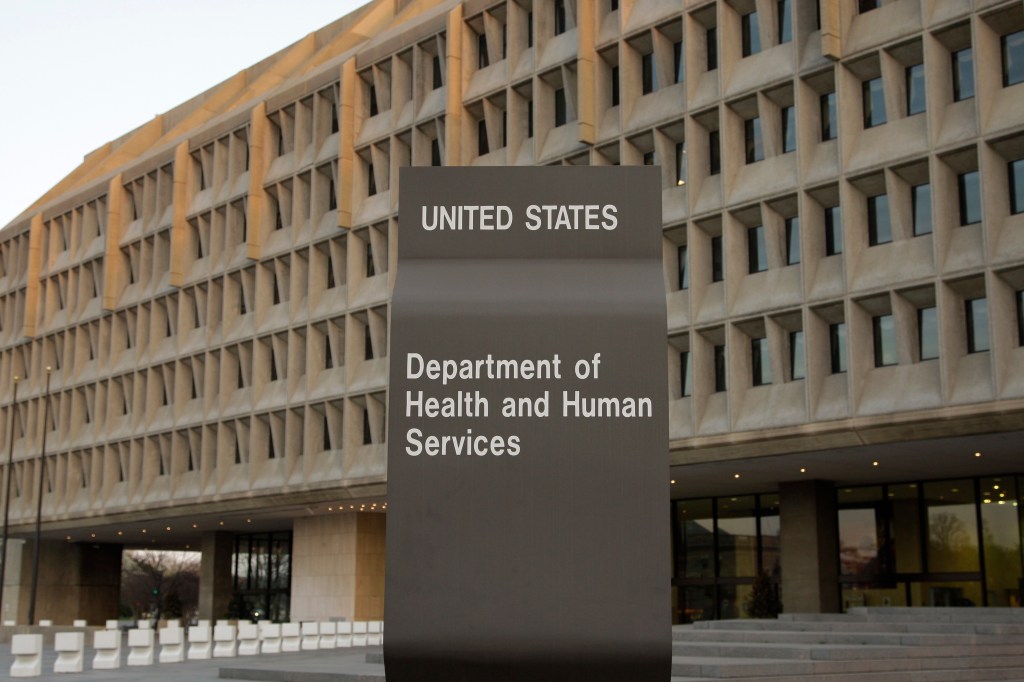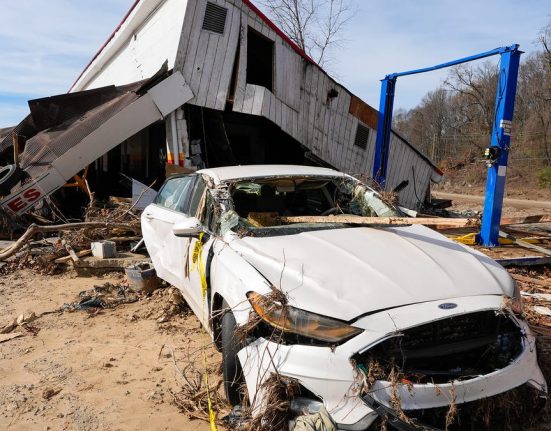Colorado’s health agencies will lose more than $230 million in federal grants, some of which already had been committed to programs that include crisis response teams and peer support for people recovering from addiction.
The Trump administration is pulling back four grants to the Colorado Department of Public Health and Environment that fund COVID-19 disease tracking, childhood vaccinations and studies of health disparities, totaling about $200 million, said state Sen. Judy Amabile, a Boulder Democrat and member of the Joint Budget Committee.
“We are concerned that this sudden loss of federal funding threatens Colorado’s ability to track COVID-19 trends and other emerging diseases, modernize disease data systems, respond to outbreaks and provide critical immunization access, outreach and education — leaving communities more vulnerable to future public health crises,” department spokeswoman Kristina Iodice said.
The state health department didn’t confirm how much the grants were worth or whether it had committed and spent the money. States had until 2027 to spend some of the grants, according to The New York Times.
The U.S. Department of Health and Human Services’ Substance Abuse and Mental Health Services Administration notified the state’s Behavioral Health Administration on Monday that it would claw back four grants totaling $31.5 million.
The state already committed about $24 million of that money to fund specific programs, but hasn’t spent that money, BHA spokeswoman Allie Eliot said Wednesday. It had until the end of September to allocate and spend the remaining $7.5 million.
Trump administration officials announced Tuesday that the Centers for Disease Control and Prevention would take back $11.4 billion in COVID-related funds, most of which went to state and local health departments. The CDC will begin clawing back funds one month from Monday, when it started to send out grant termination notices.
A statement from SAMHSA said it would save about $1 billion in remaining pandemic response funds through its clawbacks. States could spend the funds on mental health and addiction programs without a specific link to COVID-19, though the pandemic worsened some people’s struggles with both problems.
“The COVID-19 pandemic is over, and HHS will no longer waste billions of taxpayer dollars responding to a non-existent pandemic that Americans moved on from years ago,” the Department of Health and Human Services said in a statement.
Providers learned about the BHA funding cuts, which were effective Monday, through emails from the agency, said Breeah Kinsella, the executive director of the Colorado Providers Association. But the exact programs losing money still aren’t unclear.
“No one has specifics yet,” she said.
Broadly, cuts to substance use treatment and prevention are “horrible” and will harm people, Kinsella said, particularly when paired with other reductions instituted by state lawmakers who are working to fill the state’s budget hole. Still, she said, providers had already braced for both state cuts and for uncertainty from the federal government.
She was confident the providers were in a “unique position” to absorb the funding changes and continue to treat Coloradans who need it — so long as more reductions don’t follow.
“This is horrible and tragic,” Kinsella said, “and also we’re going to do our best to do without, just like substance-use disorder providers always have.”
The grants helped to fund about 60 mental health and addiction programs around the state, including services to adults with serious mental illnesses and young people experiencing hallucinations or delusions, Eliot said. The BHA is working with Gov. Jared Polis’ office and the Colorado Attorney General’s Office to determine how it can respond, she said.
“In so many cases, these are life-saving programs and services, and we worry for the wellbeing of those who have come to count on this support,” she said in a statement.
Polis’ office didn’t respond to questions. Lawrence Pacheco, a spokesman for Attorney General Phil Weiser, said the office is “exploring options” to keep the funding.
Typically, federal agencies only demand that states return money they’ve already disbursed if the states violated the terms of a grant, such as using it for unapproved expenses. If SAMHSA and the CDC succeed in clawing back their funds, it would add to Colorado’s financial woes. The state already faces a $1.2 billion budget shortfall in the coming fiscal year.
Sen. Kyle Mullica, a Thornton Democrat and emergency room nurse, said he supports responsibility and efficiency with taxpayer dollars, but the cuts are “completely inappropriate.”
“To have these cuts happen with no communication, to have these cuts happen in such an arbitrary way, I think it’s really concerning. I think it’s making our communities less safe, it’s making outcomes worse,” he said.
Denver Post reporter Nick Coltrain and the Associated Press contributed to this report.
Sign up for our weekly newsletter to get health news sent straight to your inbox.
Originally Published:







